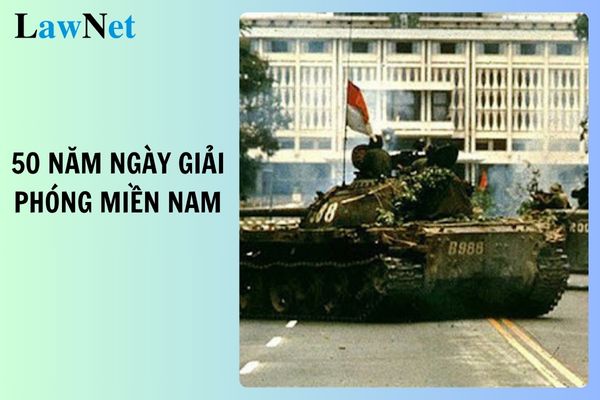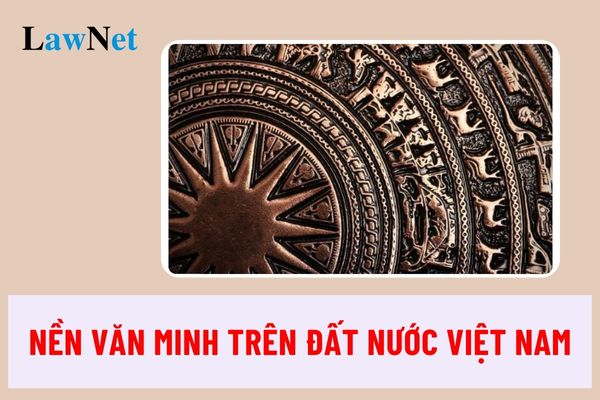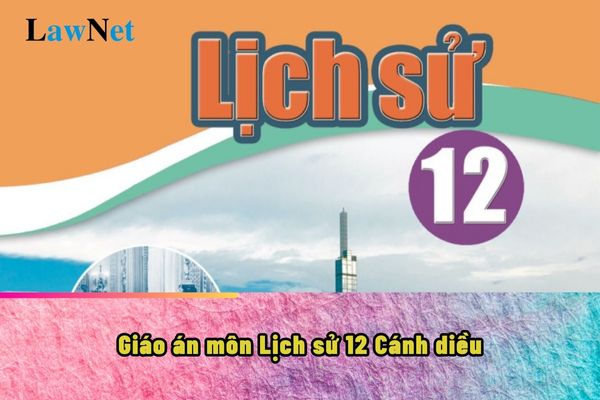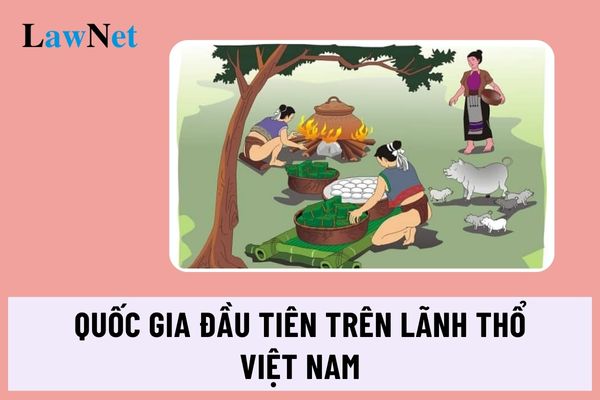Vietnam: What are the 03+ sample articles expressing feelings on the 50th anniversary of Southern Liberation and National Reunification Day?
What are the 03+ sample articles expressing feelings on the 50th anniversary of Southern Liberation and National Reunification Day?
Below are the 03 best sample articles expressing feelings on the 50th anniversary of Southern Liberation and National Reunification Day:
|
Sample articles expressing feelings on the 50th anniversary of Southern Liberation and National Reunification Day (April 30, 1975 - April 30, 2025)
|
Note: Information is for reference purposes only!

What are the 03+ sample articles expressing feelings on the 50th anniversary of Southern Liberation and National Reunification Day? (Image from Internet)
What is the grade from which students in Vietnam will learn History?
Under the General Education Program issued together with Circular 32/2018/TT-BGDDT amended by Article 1 Circular 13/2022/TT-BGDDT on the educational plan:
EDUCATIONAL PLAN
The general education program is divided into two phases: the basic education phase (from grade 1 to grade 9) and the career-oriented education phase (from grade 10 to grade 12).
The system of subjects and educational activities of the general education program includes compulsory subjects and educational activities, elective subjects according to career orientation (briefly called elective subjects), and elective subjects.
The actual study time in a school year equals 35 weeks. Educational institutions can organize teaching 1 session/day or 2 sessions/day. All educational institutions, whether teaching 1 session/day or 2 sessions/day, must implement the unified compulsory education content nationwide.
...
2. Career-oriented education Phase
2.1. Educational Content
Compulsory subjects and educational activities: Literature; Mathematics; Foreign Language 1; History; Physical Education; National Defense and Security Education; Experiential Activities, Career Orientation; Local Educational Content.
Elective subjects: Geography, Economic and Legal Education, Physics, Chemistry, Biology, Technology, Informatics, Music, Visual Arts.
Students choose 4 subjects from the elective subjects.
...
Under the General Education Program for History and Geography issued together with Circular 32/2018/TT-BGDDT, the characteristics of History and Geography are as follows:
History and Geography at the primary level is a compulsory subject, organized and taught in grades 4 and 5.
The subject is developed on the foundation of Science and Society, from grades 1, 2, and 3, and serves as a foundation for learning History and Geography at the lower secondary level, while also laying the initial groundwork for education in the social sciences at higher levels.
Students learn History from grades 4 to 12. From grades 4 to 9, it is a sub-discipline within the History and Geography subject, from grades 10 to 12, History is a separate and mandatory subject apart from Geography.
What are the objectives of the History and Geography curriculum at the primary level in Vietnam?
Under Section 3 General Education Program for History and Geography issued together with Circular 32/2018/TT-BGDDT, the objectives of the History and Geography curriculum at the primary level in Vietnam are as follows:
The History and Geography subject at the primary level forms and develops students' capabilities in history and geography with components:
Scientific understanding of history and geography; exploring history and geography; applying learned knowledge and skills; while contributing to the formation and development of general competencies: autonomy and self-study, communication and cooperation, problem-solving, and creativity.
The History and Geography subject at the primary level helps students explore the natural and social world around them to foster national pride, love for nature, the homeland, and the country; awareness of protecting nature, preserving, and developing Vietnamese cultural values; respect for cultural differences between nations and ethnic groups; contributing to the formation and development of qualities such as patriotism, humanity, diligence, honesty, and responsibility.






- What are the 10 best sample argumentative essays on gratitude? What are the regulations on the attire of 7th-grade students in Vietnam?
- What are the 04 best sample analysis essays on the story "Lặng lẽ Sa Pa"? What are the general objectives of the Literature curricula in Vietnam?
- What are the 03+ sample outlines for expressive essays on people or events for 7th-grade students in Vietnam? What are the duties and powers of lower secondary schools in Vietnam?
- What is the sample outline for an analysis essay on Kim Lan's short story "Làng"? How many periodic assessments per semester do 9th-grade students in Vietnam undergo?
- What are the regulations on the method of enrollment for lower secondary education in Vietnam?
- What are the 03 sample essays on a form of art? What are the objectives of the Vietnamese language subject at the primary level?
- Is Decision No. 448/QD-BGDDT 2025 regarding the establishment of an inspection delegation for compliance with Circular 29 on extra classes in Vietnam available?
- What is the list of universities applying admission by academic records in Ho Chi Minh City in 2025? What are the priority policies in enrollment for undergraduate programs in 2025?
- What is the enrollment plan for 6th grade and 10th grade for the 2025-2026 school year in Quang Nam Province?
- Does the People's Police Academy of Vietnam announce the enrollment of 530 candidates in 2025?

